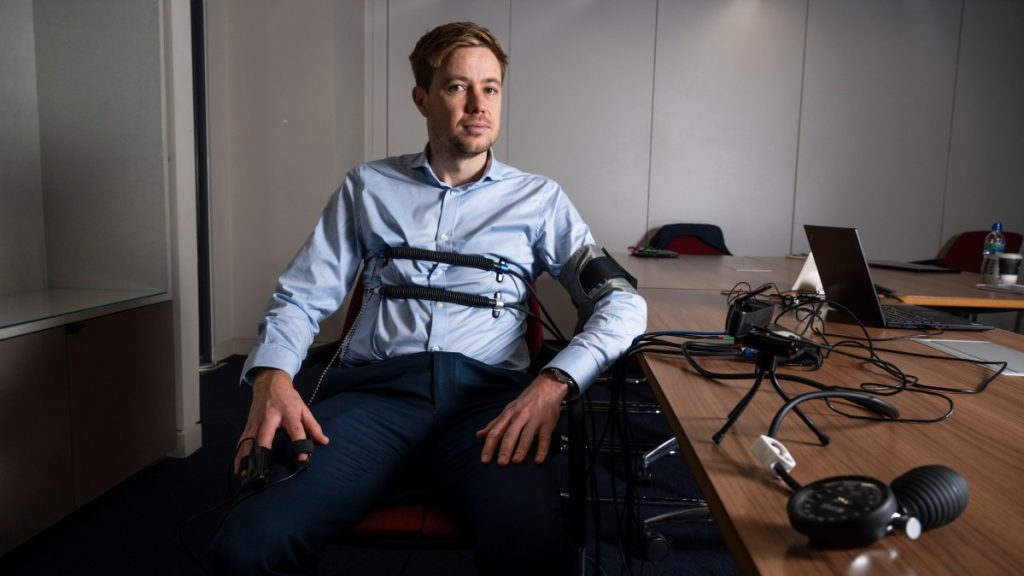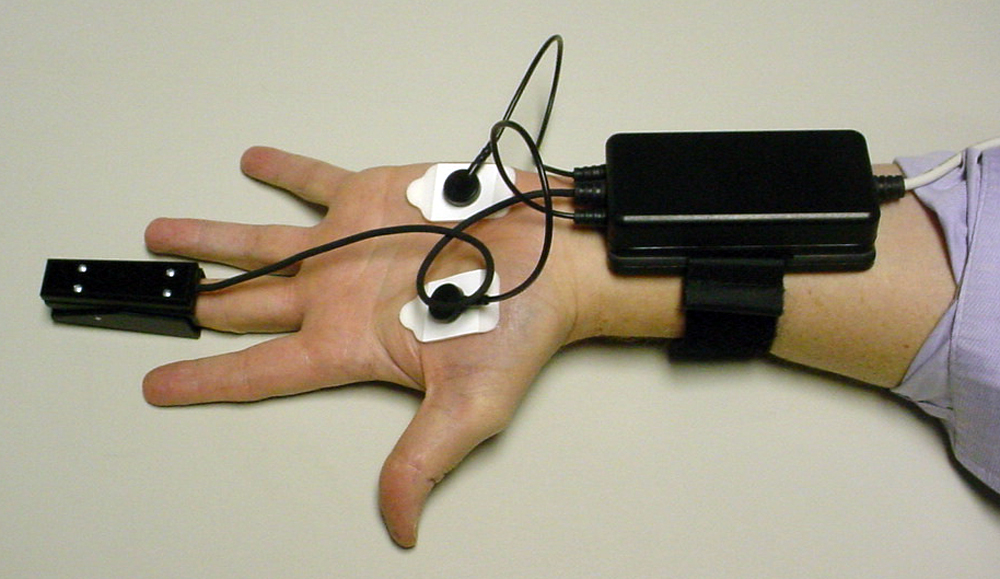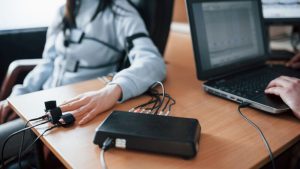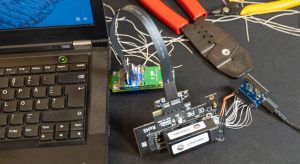Lie detectors are now important to make sure people are honest in a time when trust and reliability are highly valued. Often utilized in a variety of contexts, from criminal investigations to pre-employment checks, these devices—known for their capacity to detect dishonesty—are If you live in “poligrafo madrid,” you may already be aware of their increasing relevance. This page explores the interesting science underlying lie detectors as well as the continuous debate about their application.
The Foundation of Lie Detectors
Lie detectors—also known as polygraphs—are tools for gauging whether someone is speaking truthfully by tracking physiological reactions. These tools track signs including skin conductivity, heart rate, blood pressure, and respiration rate. The basic idea is that lying causes stress and anxiety that will cause physiological changes in misleading responses.
How Lie Detectors Function
The examiner asks a series of questions while the subject is hooked to the polygraphy tool. Three kinds of inquiries exist irrelevant (not connected to the study), relevant (related to the problem under research), and control (questions regarding known lies or common experiences). Recorded and examined are the physiological reactions of the person to find trends implying dishonesty.
The Science Foundations of Polygraphs
Under the premise that lying causes stress, the polygraph operates to influence the autonomic nervous system. This system regulates heart rate and perspiration among other involuntary body activities. When someone lies, the body’s stress reaction starts and results in observable modifications in these processes. The polygraph records these variations and provides data for the examiner to evaluate.

The Debacle Around Lie Detectors
Polygraphs are not without controversy even if they are somewhat common. Critics contend that other elements beyond lying can affect the physiological reactions the polygraph measures, including anxiousness, fear, or medical issues. Some people also control their bodily reactions to evade discovery. This has sparked arguments about polygraph test dependability and accuracy.
Legal and Moral Issues
Lie detector use ethical and legal issues. Asfor doubts regarding its accuracy, polygraph test findings are not admitted in many countries into courts. Furthermore, raising ethical questions are the psychological effects on the individual under testing and the possibility of invasions of privacy.
Lie detectors combine science and technology meant to expose the truth. Although their scientific foundation is fascinating, it is impossible to overlook the ethical issues and debate around their application. If you are in “poligrafomadrid,” you should know the possibilities as well as the constraints of these tools. The search for a trustworthy and moral method of spotting dishonesty never stops as technology develops, therefore underscoring the complicated link between truth, trust, and technology.


























